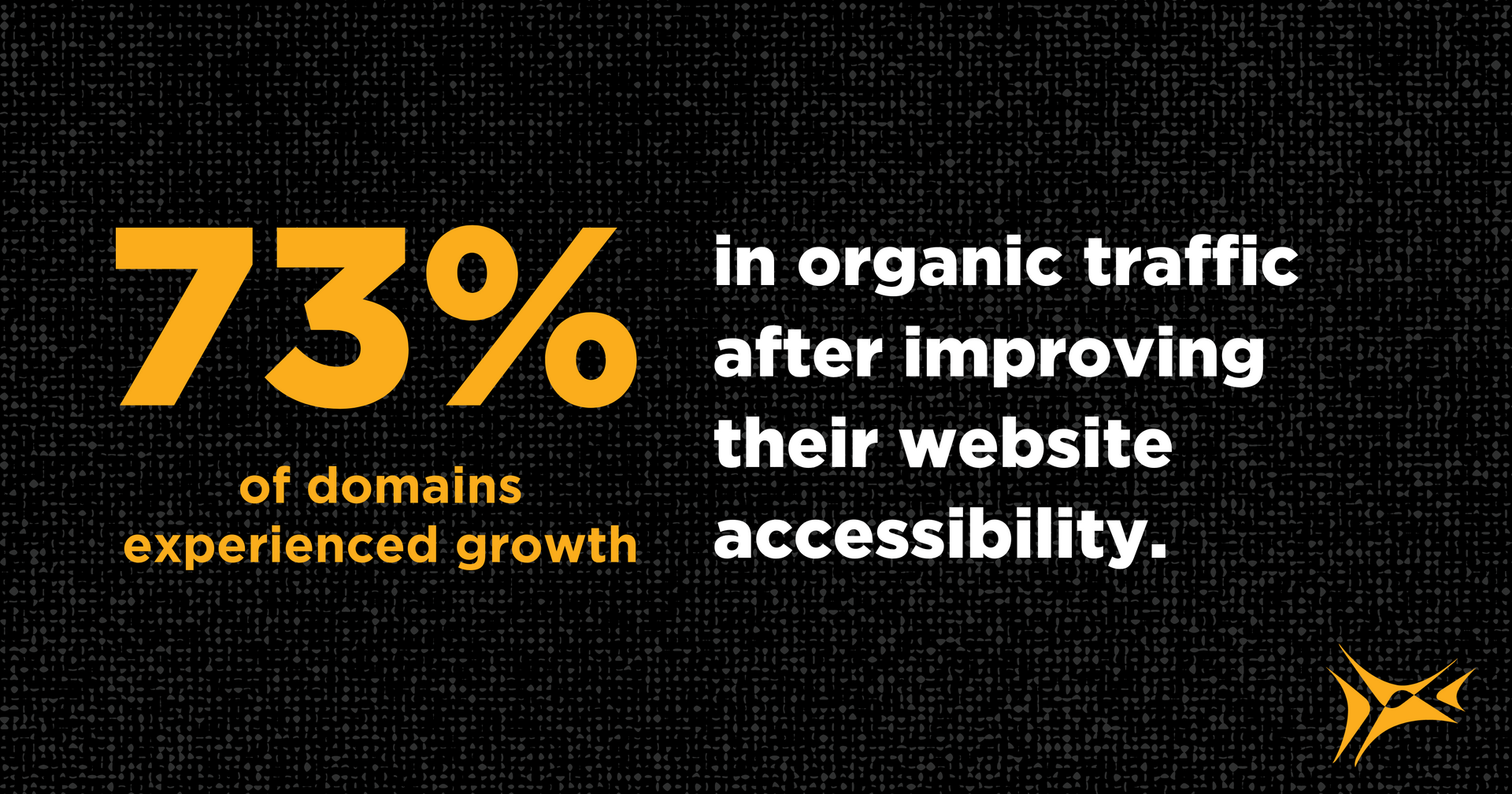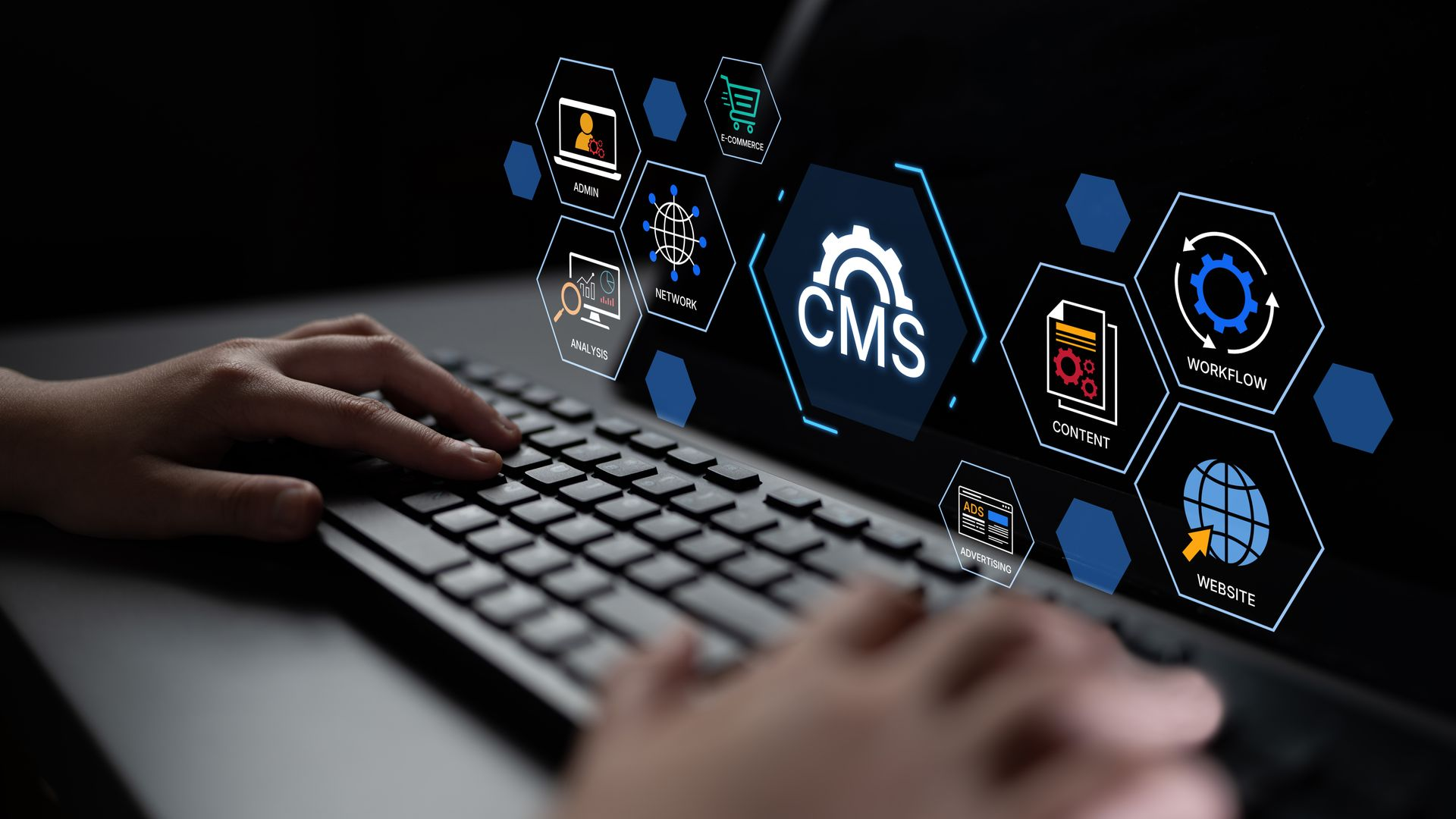Why Website Accessibility Matters and How to Test It
Website accessibility ensures that all users, including those with disabilities, can easily navigate and interact with a site. Accessibility is an ever-changing landscape that requires consistent attention and effort. As technology advances and user needs evolve, regular monitoring and updates are essential to ensure your website remains inclusive and compliant with the latest Web Content Accessibility Guidelines (WCAG). Whether you're adding new features, redesigning pages, or updating content, it's critical to prioritize accessibility at every step. Doing so not only ensures a seamless user experience but also reflects your commitment to creating an equitable online environment.
How Can I Test My Website's Accessibility?
Testing your website for accessibility doesn't have to be overwhelming, but it needs to be ongoing. Here are the primary methods to assess your site's compliance and usability for people with disabilities:
1. Partner with Accessibility Experts
Web accessibility experts can perform detailed manual assessments of your website. These professionals don't just identify compliance issues—they provide actionable recommendations tailored to your site. Importantly, reputable experts involve people with disabilities in the testing process.
2. Use Automated Tools
Automated tools are a quick and efficient way to identify potential accessibility issues. Simply submit your website's URL, and an audit will be performed within seconds. You'll receive a score indicating whether your site is compliant, semi-compliant, or non-compliant, along with a detailed report of any issues found.
3. Combine Both Methods
The best approach is to use a combination of automated tools and manual testing. Automated tools can quickly identify most issues, while experts can dig deeper to assess the real-world impact of those issues and provide comprehensive solutions.

Why Is Website Accessibility Important?
Equal Access Is a Right
Every person deserves the opportunity to engage with online environments. For over 25% of American adults who identify as having a disability, an inaccessible website creates unnecessary barriers to information, products, and services. By prioritizing accessibility, you help ensure your website is welcoming and inclusive for everyone.
It's Good for Business
The disability community and their families wield over $13 trillion in disposable income. By creating a modern, accessible website, you not only demonstrate respect for this audience but also open your business to a larger market. An inclusive website fosters trust, encourages engagement, and increases the likelihood of conversions from individuals who can navigate and enjoy your site seamlessly.
Making your website accessible isn't just the right thing to do—it's a way to grow your audience and ensure everyone can engage with your content. Ready to find out where your website stands? Partner with BlinkJar and take the first step toward a more inclusive digital presence.








